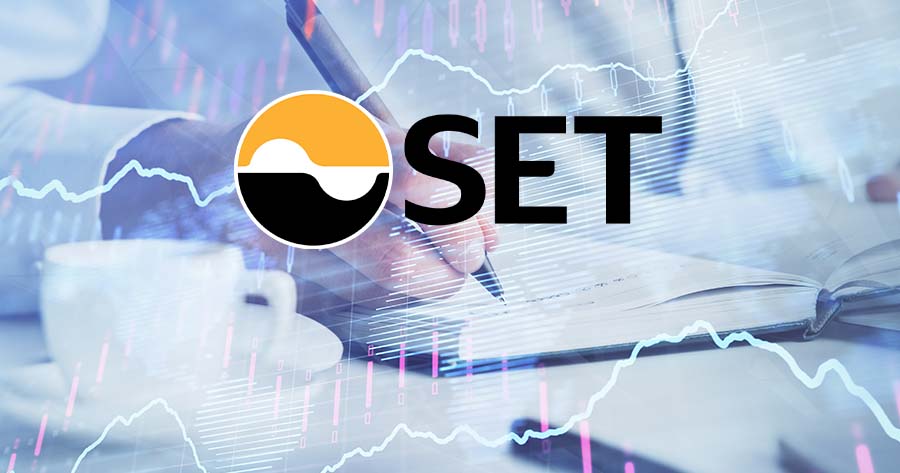InnovestX Securities Company Limited has assessed the investment landscape following Moody’s recent downgrade of Thailand’s credit outlook from “Stable” to “Negative,” warning that the move could cast a short-term shadow over the Thai stock market.
Drawing on historical market data, InnovestX notes that credit outlook downgrades have typically resulted in an average next-day drop of approximately 0.7% in the SET Index. Banking stocks and corporates with high debt burdens are identified as the most vulnerable groups to this negative sentiment.
However, the brokerage believes that the impact will be quickly reflected in equity prices, with a short-term recovery likely to follow, driven by institutional investors bargain-hunting when valuations fall below fundamentals.
For the short-term, InnovestX advises increased caution in banking stocks, which are sensitive to economic conditions, as well as companies with high financial costs due to substantial debt levels.
Meanwhile, export-oriented sectors may benefit psychologically from a weakened baht, although any advantage is expected to be muted by ongoing risks tied to U.S. import tariffs, which continue to weigh on Thai international trade.
Importantly, InnovestX does not anticipate an actual credit rating downgrade in the short to medium term, citing Thailand’s strong fiscal fundamentals.
The country’s public debt-to-GDP ratio stands at 64-65%, comfortably below the 70% ceiling, and annual debt servicing requirements remain low, thanks to prudent long-term debt profile management.
Furthermore, foreign-denominated debt accounts for less than 1% of the total, a level considered highly safe.
InnovestX recommends that investors maintain a long-term perspective on investments, closely monitoring government measures aimed at boosting revenue, upholding fiscal discipline, and negotiating the expansion of export markets. In particular, efforts to restore and deepen trade relations with the U.S. are highlighted as vital for restoring investor confidence in the long run.





